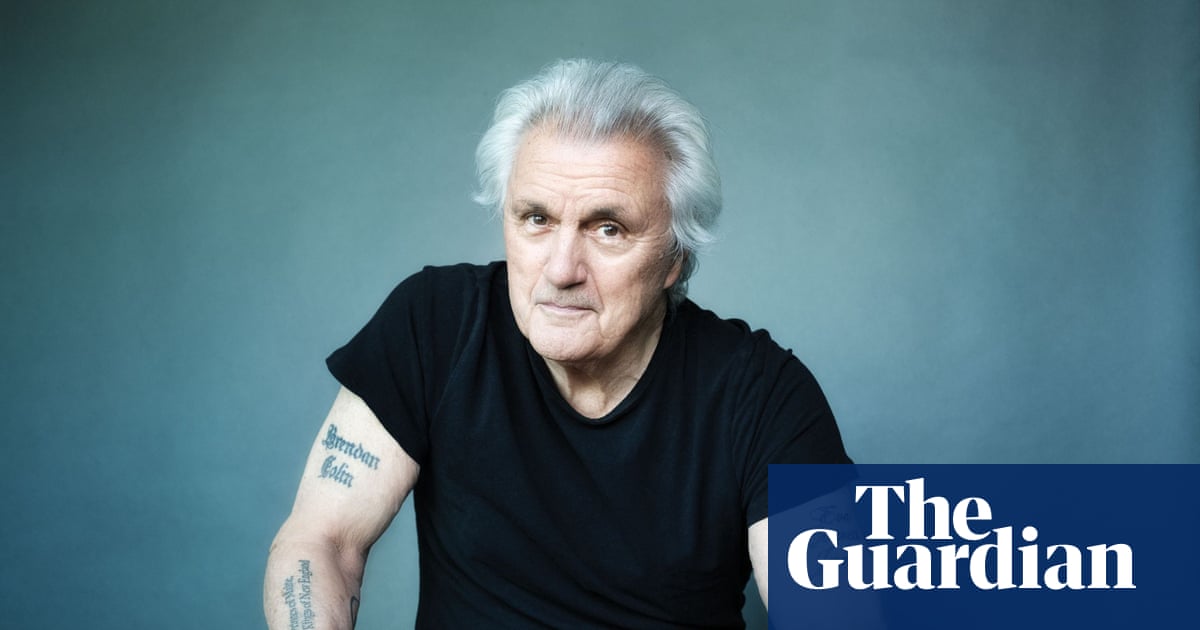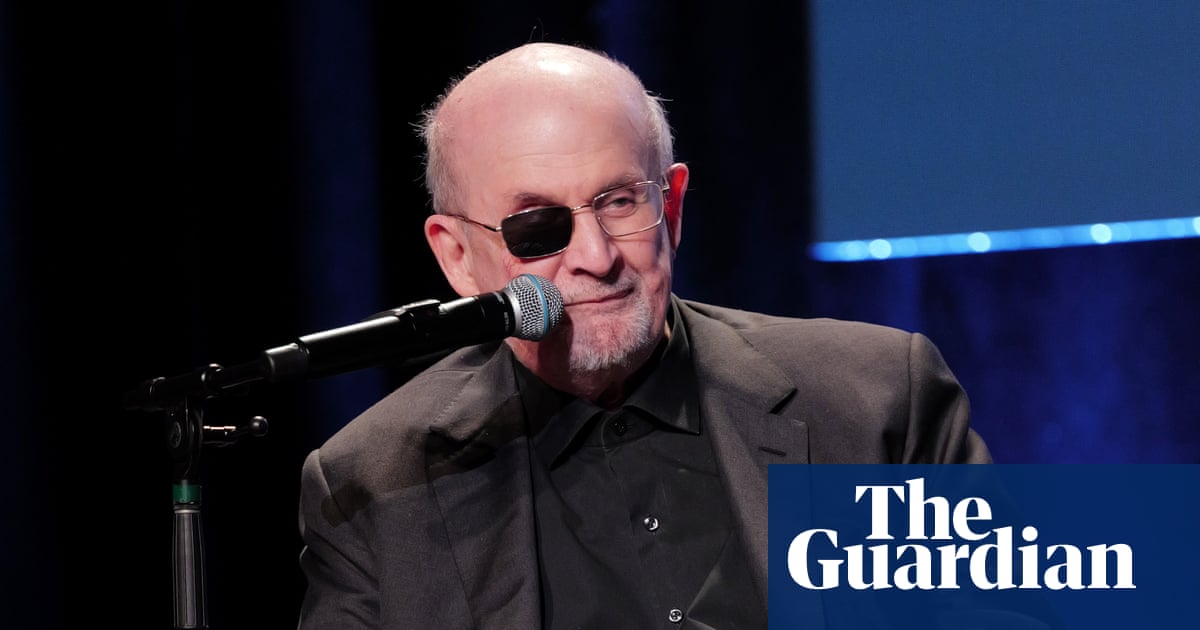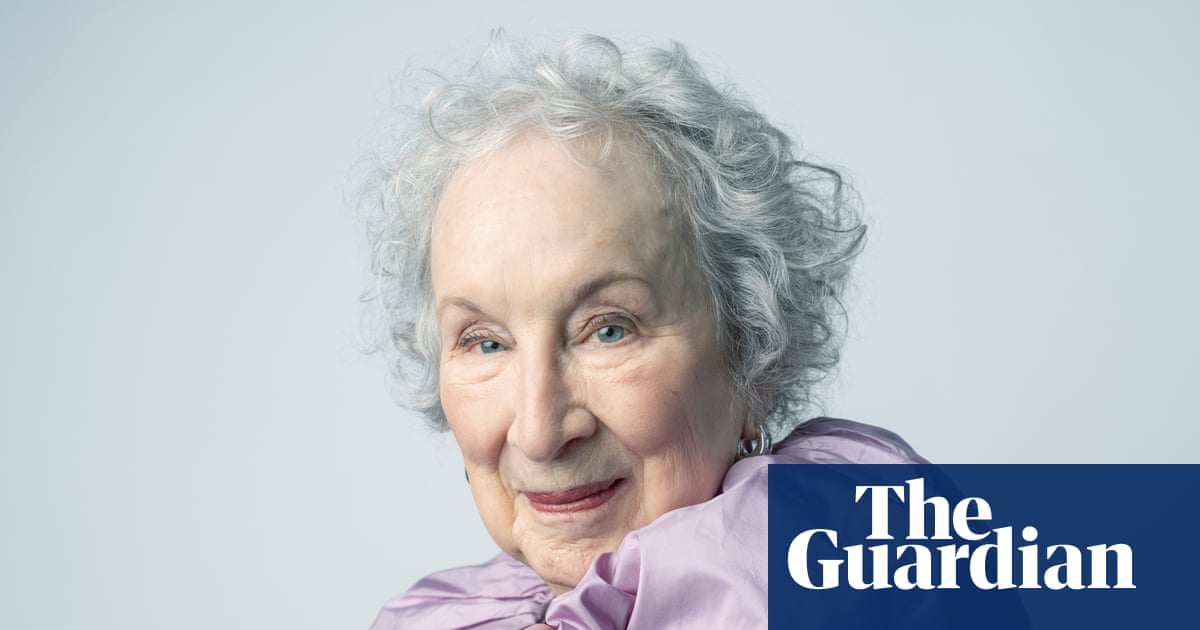Downing Street is facing another bruising battle following last week’s humiliating retreat on welfare reforms, as MPs, campaigners and parents voice concern at its overhaul of special needs education for children in England.
A letter to the Guardian, signed by dozens of special needs and disability charities and campaigners – including the broadcaster Chris Packham, actor Sally Phillips and Jane Asher, actor and president of the National Autistic Society – says parents fear the reforms may restrict or abolish the vital education, health and care plans (EHCPs) that more than 600,000 children and young people rely on for individual support.
The letter, with more than 100 signatories backing the newly formed Save Our Childrens’ Rights campaign, is calling for EHCPs to be retained, “now and in the future”, or risk seeing thousands of children “denied vital provision, or losing access to education altogether”.
Labour MPs who spoke to the Guardian are worried that ministers are unable to explain key details of the special educational needs (SEN) shake-up being considered in the schools white paper to be published in October.
Several MPs warned that issues in the white paper such as the future of EHCPs could eventually cause another rebellion, similar to that which forced the government to gut its welfare bill after a major backlash from backbenchers.
One MP said: “This could be a massive problem. We are hoping there will be proper engagement around it, but we are worried about some of the signals we are picking up.”
Another said: “People are really, really worried about this. It is one of the things that is going to make people feel very, very uncomfortable.”
The letter published in the Guardian is evidence of growing public concern, despite reassurances from the education secretary, Bridget Phillipson, that no decisions have yet been taken about the fate of EHCPs.
Signatories to the letter include academics studying disability and neurodiversity such as Prof Simon Baron-Cohen, director of the University of Cambridge’s autism research centre, and campaigners including Rosa Monckton, as well as parent-led group Special Needs Jungle.
“As new education reforms loom, every sign from the government suggests the right to an education, health and care plan (EHCP) is to be removed from children attending mainstream schools. Local authorities want EHCPs drastically reduced, or removed altogether, to relieve them of duties they often find costly and troublesome,” the letter states.
“Without statutory support, underpinned by necessary extra resources for schools, it’s extremely unlikely that ministers will achieve their aim of more children with Send thriving, or even surviving, in mainstream education.
“A reduction or complete snatching-away of EHCPs in mainstream education wouldn’t mean their needs magically vanish. It would, instead, increase applications for already overcrowded special schools or mean they would be forced out of school altogether.”
Although ministers contend that policies are still being developed, discussions are said to include the phasing out of EHCPs over a number of years, or restricting them to the most profound level of need.
Fears about the fate of EHCPs were raised in May when Dame Christine Lenehan, the government’s strategic adviser on special educational needs and disabilities, said EHCPs would “probably” change because there were questions if they were “the right vehicle”.
One Labour backbencher said several MPs had requested meetings with Phillipson and Catherine McKinnell, the school standards minister, to question them on the plans. The MP added that the meetings so far had been unsatisfactory because ministers told them only that no decision over EHCPs had yet been made.
Marie Tidball, the Labour MP who gave an emotional Commons speech against the welfare bill last week, said the Send reforms were now a major focus for many of her fellow backbenchers.
Speaking on a live edition of the Guardian’s Politics Weekly podcast at the Crossed Wires festival in Sheffield, Tidball said: “There’s going to be lots of work done over the summer on this, and I know that colleagues will be very keen to involve backbenchers who’ve got huge amounts of experience on that issue.”
after newsletter promotion
Asked by the BBC on Sunday whether she could rule out getting rid of EHRCs, Phillipson said: “What I can say very clearly is that we will strengthen and put in place better support for children.”
Saying that details would be set out in the autumn in the schools white paper, Phillipson said she fully understood that “having access to that EHCP, and what that brings, is incredibly important”.
More funding alone was not the answer, she added, saying there was also a need to “just take a step back and think about, how do we build a better system”.
A DfE spokesperson said: “The evidence is clear that this government inherited a Send [special educational needs and disabilities] system left on its knees – which is why we are looking at changes to improve support for children and stop parents having to fight for help. It is totally inaccurate to suggest that children, families and schools might experience any loss of funding or support.
“This government is actively working with parents and experts on the solutions, including more early intervention to prevent needs from escalating and £740m to encourage councils to create more specialist places in mainstream schools.”
One supportive MP said Phillipson and her team had done a lot of outreach to MPs to try to prevent a repeat of last week’s dramatic Commons scenes.
“The education team are doing a really, really good job of engaging with people,” the person said. “There will be a consultation and a proper process.”
But they added that many Labour MPs were concerned because of the amount of mail that was being generated by anxious parents. “Parents of Send kids are climbing up the walls right now,” they said. “Our job is to get them down from those walls.”
EHCPs were introduced in 2014, and give statutory force to plans agreed by parents and local authorities about the additional support for children and young people up to the age of 25 with assessed special needs or disabilities.
But as the number of EHCPs has rocketed above 600,000, in part because of increasing assessments of autism, ADHD and speech and language difficulties, the strain on local authority high needs budgets, as well as related transport costs, has pushed many councils in England towards insolvency.

 3 months ago
132
3 months ago
132

















































